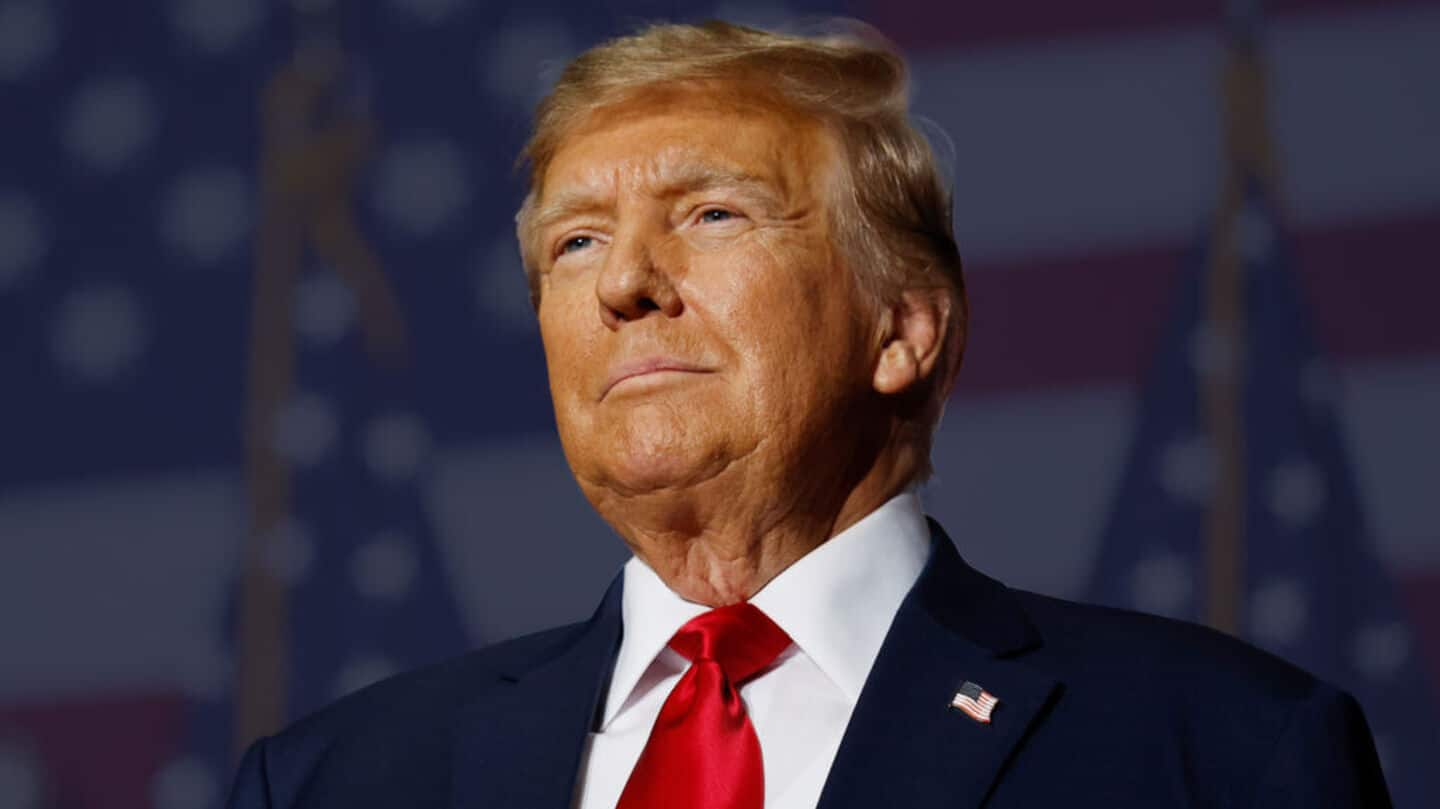
Trump's 100% tariff on chips—Will your next smartphone cost more?
What's the story
US President Donald Trump has announced a major trade move, proposing a sweeping 100% tariff on semiconductor chips imported from countries that don't manufacture them in the US or have plans to do so. The proposed tariff would cover all chips and semiconductors entering the US. However, companies like Taiwan Semiconductor Manufacturing Company (TSMC) and NVIDIA, which are investing in American chip production, could be exempted.
Exemption criteria
Companies committed to US manufacturing exempted
Trump clarified that the new tariff rate would not apply to companies that have committed to manufacturing in the US or are already doing so. He warned, "If, for some reason, you say you're building and you don't build, then we go back and we add it up." The President's comments were not a formal announcement of the tariff and he did not provide any further details on its implementation.
Global implications
Proposed tariff could mainly target China
The US produced an estimated 12% of the world's semiconductor chips last year, down from 40% in 1990. The proposed tariff could mainly target China, with whom Washington is still negotiating a trade deal. Martin Chorzempa from the Peterson Institute for International Economics said "there's so much serious investment in the United States in chip production that much of the sector will be exempt."
Tariff agreements
Trade deals with countries like South Korea and Japan
Countries like South Korea and Japan, along with the European Union (EU), have struck trade deals with the US. The EU has agreed to a single 15% tariff rate on most exports, including chips. South Korea and Japan separately said that the US agreed not to impose higher tariffs on them than other countries for chips, indicating a similar 15% levy.
Impact
Will your next smartphone or PC cost more?
If your next smartphone or laptop or PC contains chips imported from countries or companies without US manufacturing, it could cost more. Trump's announcement suggests those devices may face steep tariffs that importers could pass on to consumers. However, many major tech firms are unlikely to be affected. Chip contract manufacturers like TSMC and Samsung, already operating US-based plants, are exempt. Major firms like NVIDIA, Apple, and Intel, which have committed to US production would avoid the tariff burden.